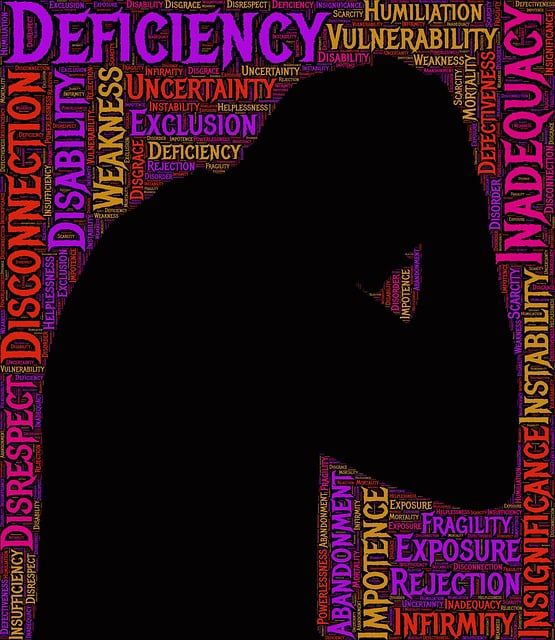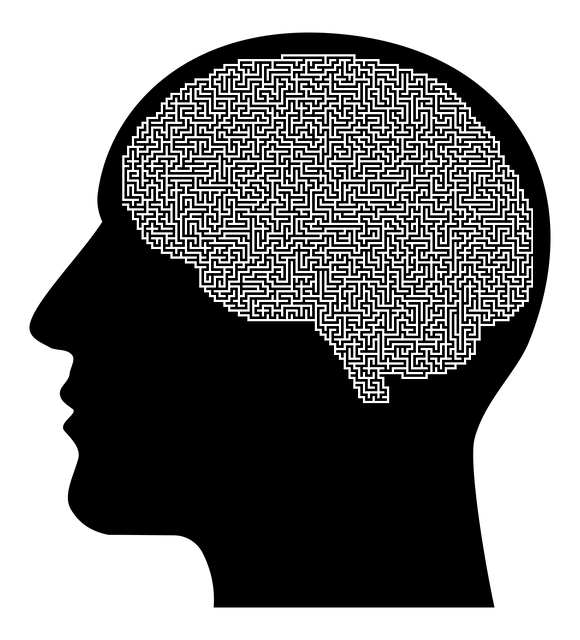Broomfield Conduct Disorder Therapy (BCDT) utilizes cognitive-behavioral techniques to enhance mental wellness through structured frameworks, journaling, and coping skills development. Evaluating BCDT requires a comprehensive strategy using both quantitative and qualitative data, including standardized assessments, mental health awareness dialogue, and feedback mechanisms based on evidence-based principles. Client feedback is crucial, offering insights into program success from their perspective, which aids in tailoring support systems. Continuous improvement through iterative evaluation methods, cultural competency training, and community outreach ensures BCDT's effectiveness in addressing conduct disorders over time.
Mental wellness programs require rigorous evaluation to ensure effectiveness and client-centered care. This article explores comprehensive methods for evaluating such initiatives, focusing on Broomfield Conduct Disorder Therapy (BCDT) as a foundational model. We discuss key metrics and measurement tools to assess program success, emphasize the importance of client feedback, and advocate for continuous improvement through iterative evaluation. By integrating these strategies, mental health professionals can optimize outcomes and enhance the overall quality of care delivered through BCDT programs.
- Understanding Broomfield Conduct Disorder Therapy: A Foundation for Evaluation
- Assessing Program Effectiveness: Metrics and Measurement Tools
- Client Feedback and Subjective Experience: Voice in Evaluation Process
- Continuous Improvement: Iterative Evaluation for Optimal Mental Wellness Outcomes
Understanding Broomfield Conduct Disorder Therapy: A Foundation for Evaluation

Broomfield Conduct Disorder Therapy (BCDT) serves as a robust foundation for evaluating mental wellness programs. This therapeutic approach is designed to address conduct disorders, focusing on modifying behaviors and improving overall mental health. By employing techniques like cognitive-behavioral therapy, BCDT helps individuals identify and change negative thought patterns and behaviors that contribute to their condition.
Understanding the principles of BCDT provides valuable guidance for designing effective mental wellness programs. Incorporating regular mental wellness journaling exercises and teaching coping skills development are essential components, enabling individuals to reflect on their thoughts and emotions while equipping them with tools to manage stress and cope with challenges. These methods support long-term mental health by fostering self-awareness and resilience.
Assessing Program Effectiveness: Metrics and Measurement Tools

Evaluating the effectiveness of a mental wellness program is a multifaceted process that goes beyond simple satisfaction surveys. It involves employing robust metrics and measurement tools to assess meaningful changes in participants’ mental health. These measures should extend beyond self-reported outcomes, incorporating both quantitative and qualitative data to capture the full spectrum of program impact. For instance, assessing the reduction of symptoms associated with conditions like Broomfield Conduct Disorder Therapy requires standardized assessments administered pre- and post-program.
Furthermore, Mental Health Awareness plays a pivotal role in program evaluation by fostering open dialogue and encouraging participants to track their progress. Burnout Prevention Strategies for Healthcare Providers can be evaluated through feedback mechanisms that gauge their experiences interacting with the program, ensuring it aligns with evidence-based Mind Over Matter Principles. Such an approach facilitates continuous improvement, allowing mental wellness programs to adapt and enhance their effectiveness over time.
Client Feedback and Subjective Experience: Voice in Evaluation Process

Client feedback and subjective experience play a pivotal role in evaluating mental wellness programs, especially when addressing complex issues like Broomfield Conduct Disorder Therapy. Incorporating client voices allows for a nuanced understanding of program effectiveness from the individual’s perspective. This qualitative data provides insights into their personal journeys, highlighting what works best for them and identifying areas that need improvement.
Encouraging clients to share their experiences through methods such as Mental Wellness Journaling Exercises or Crisis Intervention Guidance can offer valuable feedback. These subjective assessments complement objective measures, ensuring a holistic evaluation. By giving clients a platform to express their thoughts and feelings, mental health professionals gain crucial insights into the program’s impact on self-care routine development for better mental health, fostering a more tailored and effective support system.
Continuous Improvement: Iterative Evaluation for Optimal Mental Wellness Outcomes

In the realm of mental wellness programs, continuous improvement is paramount to achieving optimal outcomes for individuals, especially those dealing with conduct disorders like Broomfield Conduct Disorder Therapy. Iterative evaluation methods allow healthcare providers to adapt and refine their strategies based on ongoing feedback and data analysis. This dynamic approach ensures that interventions remain effective and relevant, addressing evolving needs within the community.
Integrating various components such as Healthcare Provider Cultural Competency Training, Community Outreach Program Implementation, and even Mental Wellness Podcast Series Production can enrich evaluation processes. These initiatives not only enhance accessibility but also foster inclusivity, encouraging participation and providing diverse perspectives on program effectiveness. Through regular assessment and a commitment to continuous learning, mental health services can strive for excellence in supporting individuals’ well-being.
Broomfield Conduct Disorder Therapy (BCDT) offers a robust framework for evaluating mental wellness programs. By combining objective metrics, subjective client feedback, and continuous improvement methodologies, as outlined in this article, we can iteratively refine interventions to achieve optimal outcomes. Incorporating assessment tools that measure program effectiveness and client satisfaction ensures that mental health support remains tailored, effective, and responsive to individual needs. This holistic approach, emphasizing both quantitative data and qualitative insights, is key to enhancing mental wellness outcomes through evidence-based practices.














